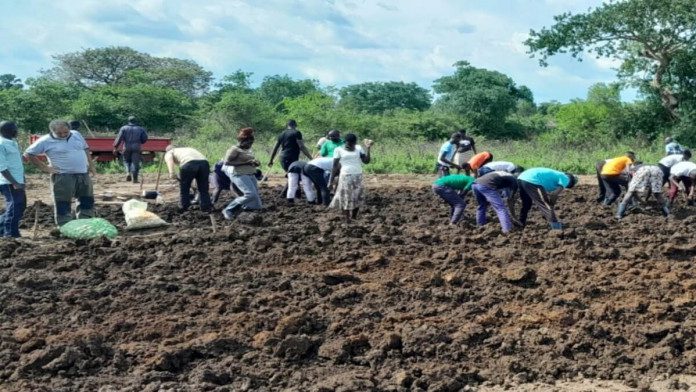News in Brief:
– British potato supplier, Branston, is partnering with a Ugandan agricultural college to introduce Irish potato cultivation and empower local communities.
– The project provides training, seeds, and irrigation solutions to boost food security and equip students with valuable farming skills.
British potato supplier Branston has announced a new joint venture with an agricultural training college in Alito, Uganda. The venture is aimed at enhancing food security and empowering local communities through the introduction of Irish potato cultivation.
The college, which previously focused on different crops, will now incorporate Irish potato farming into its curriculum. Students will gain valuable skills in cultivating the new crop, which is not yet widely grown in the region.
Following their graduation, each student will receive five kilos of Irish potato seeds to take home and plant, promoting individual farming efforts.
Investing in the future
Ian Arnold, Branston’s interim project manager, recently visited Alito to oversee land preparation and planting activities. He emphasised the project’s dual focus on giving back to the local community and contributing to improved food security in Uganda.
Additionally, he noted the importance of having access to affordable and nutritious food.
He revealed that while the college has mainly been training students under the age of 25, this will focus on upskilling women in particular. With its provision of a creche, women with young children will not be left out.
Arnold subsequently pledged three years of collaboration with the college, demonstrating their long-term commitment to supporting education and development in Alito.
Over 100 staff and students participated in the planting process during the company’s representative’s visit. The initial planting focused on the Rwangume potato variety, specifically developed for African growing conditions.
However, trials are also underway with two common European varieties, Arizona and Markies, to assess their suitability for the region’s hot climate.



